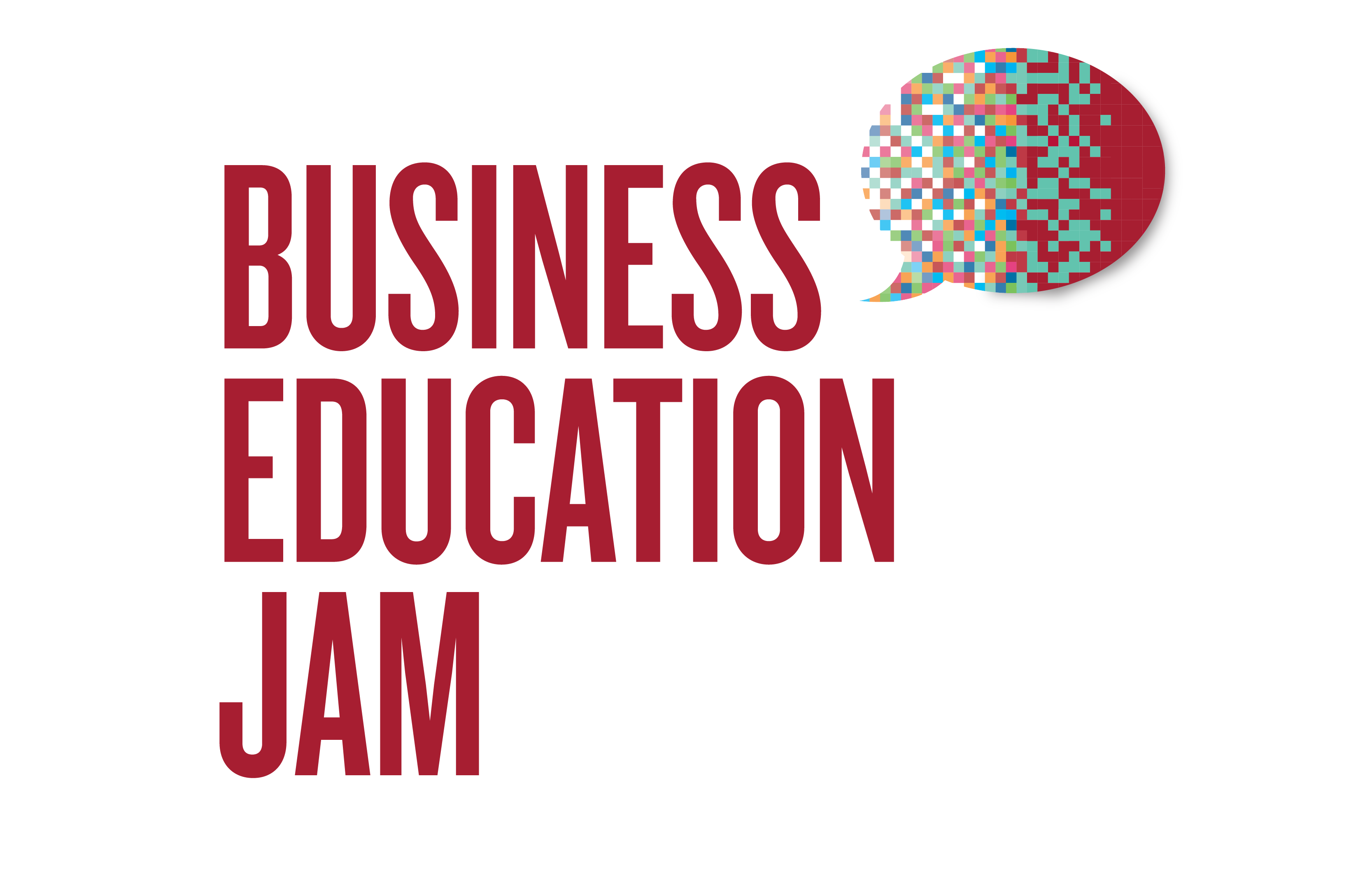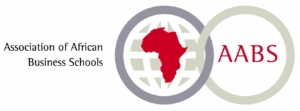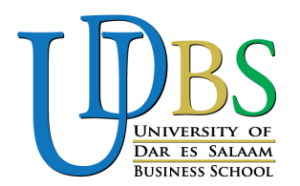Africa Jam: May 2018
Africa Jam: May 2018 was the second event in this series of regionally focused dialogues on business education.
Some of the world’s fastest-growing economies are in Africa—yet so are some of the world’s poorest. The literacy rate in Equatorial Guinea is 94 percent—10 points higher than the global average. In South Sudan, it’s 24 percent. The world’s least developed continent, Africa, is also home to countries increasingly attracting foreign investments. The role of governments, inconsistency of infrastructure, and diverse environment and history are each contextual issues to be considered. Given all of this, is a distinctive African management education model possible, achievable—or even advisable? Building on the success of the original jam, Business Education Jam: Africa will explore these issues—online and on-site—to advance the global dialogue on management education.
Management Education in Africa
The African continent is a world of opportunity – and challenge – for management education. A complex landscape of 54 very different countries, over one billion people call Africa home speaking 2,000 languages and representing 3,000 ethnic groups. The global challenges for management education are known, including those highlighted in the original Jam. Can emerging global solutions succeed in the unique environments across Africa?
Consider this:
Governments dominate. And there are a lot of them. Regulation of industry – including education – is extensive, and academic programs are influenced from well beyond the walls of the academy.
Student competency varies extensively. Looking through history, colonial rule drove various educational systems across Africa, creating wide gaps in attainment.
Diversity must be considered. The diverse environment of the African content is critical including the colonial legacy, apartheid, and issues surrounding faith, gender, and poverty.
Infrastructure is unreliable. While development within some cities is advanced, across the continent there exist inconsistencies in the reliability of roads, electricity, and internet access.
A summary of findings included:
1) Inclusive growth: poverty, inequality, and unemployment. Many participants stressed the need to attack those aspects of a country’s environment including values, norms, cultures, and behavioural contexts that impeded the achievement of sustainable and inclusive economic growth. Questions of adequate management of public goods and enabling infrastructure investment were raised. In particular, the provision of adequate utilities and roads, satisfactory investments in computers/internet and communication technology and urgently, investing strongly in such complementary assets as enhanced educational and social skills.
2) Governance issues: With the huge youth demographic dividend on the continent and the strong demand for education, participants stressed the need to improve access, equality of opportunity and affordability in terms of public educational investment. Those present stressed that the students are both committed and very resilient, but are praying for strong leaders in government and business to promote and develop policies and educational models that will enable them to achieve their personal goals.
3) Shaping leaders and the leadership deficit. There is strong belief that leaders, particularly in the African political domain, have been generally somewhat inadequate. A leadership deficit is also perceived, much more broadly, in business, industry and universities, and hence business schools must encourage leadership development and training in the African context.
4) Ethics, corruption and managerial integrity. Participants acknowledge the leadership deficit and note that it has historically encouraged corruption, both in government and in industrial development in Africa. Whilst accepting that a potential for corruption exists in many other countries in the world and contexts, they indicated very strongly the urgent need to teach managerial ethics, morality and integrity in African leadership. However, there was much debate about how to do this efficiently and effectively.
5) Collaboration, competition and partnerships. The creation of a collaborative eco-system for management education is seen as critical. AABS has been perceived as having had a pioneering role in promoting collaboration in case studies and through workshops on teaching and research methods. However, collaborative partnerships, particularly with industry and practice, are seen as essential. Encouraging business to partner with universities can only improve the quality of management education. High-quality private competition can also provide creative insights about alternative models and approaches for management education. Indeed, it was argued that while schools should continue to compete strongly, they should also recognise the need to collaborate meaningfully and widely in improving issues of curriculum development and teaching approaches, including project based and experiential learning.
6) The role of accreditation. It was recognized that the development through AABS of an African system of accreditation was welcome and much overdue. This will address the concerns and improvement of standards of the many state-sponsored vocationally oriented schools that currently exist in Africa. However, it is equally important for even more elite schools to develop in the long term, beyond the ten or so schools that have currently achieved accreditation from the main international agencies such as EFMD, AACSB and AMBA. Such elite models provide international quality level and aspiration targets that many other schools would seek to achieve as they evolve.
7) The importance of African entrepreneurship. Just as African business schools aspire to international recognition, so Africans wish to see high-quality African business enterprises grow, develop and succeed. Yet, teaching entrepreneurship in any context is seen as a tricky and difficult task. But. African academics need to borrow from wherever is necessary in order to create their own approaches to incubate and grow new businesses. Not only is for-profit entrepreneurship essential, but so is the role of social enterprises which invest for both profit and social objectives. Indeed, it was argued that there is an increasing number of examples of the development of social entrepreneurs in Africa.
8) Digital transformation. The advent of rapid digitization and simultaneously younger more tech-savvy students, will push business schools to be much more transformative in the digital domain. In the discussion it was pointed out that there is not one 100% online programme in Africa. While blended learning is accepted as an approach, it is evident that currently there is not widespread adoption. Further, MOOC’s are not well understood. Consequently, it was strongly suggested that collaboration involving the sharing of platforms associated with digital models should be encouraged across business schools in Africa, with AABS perhaps acting as a catalyst.
9) Impact: There was considerable debate about how schools should assess and measure their impact to society. Should it be local awareness and relevance and regional responsibility? Or, given globalization, should students be made much globally aware bearing in mind the likelihood that they will manage in global markets. The key issue here is the balance between African countries in their context, implying local and regional relevance, or, global relevance and awareness to recognize the importance of global trade to the long-term economic development of Africa.


